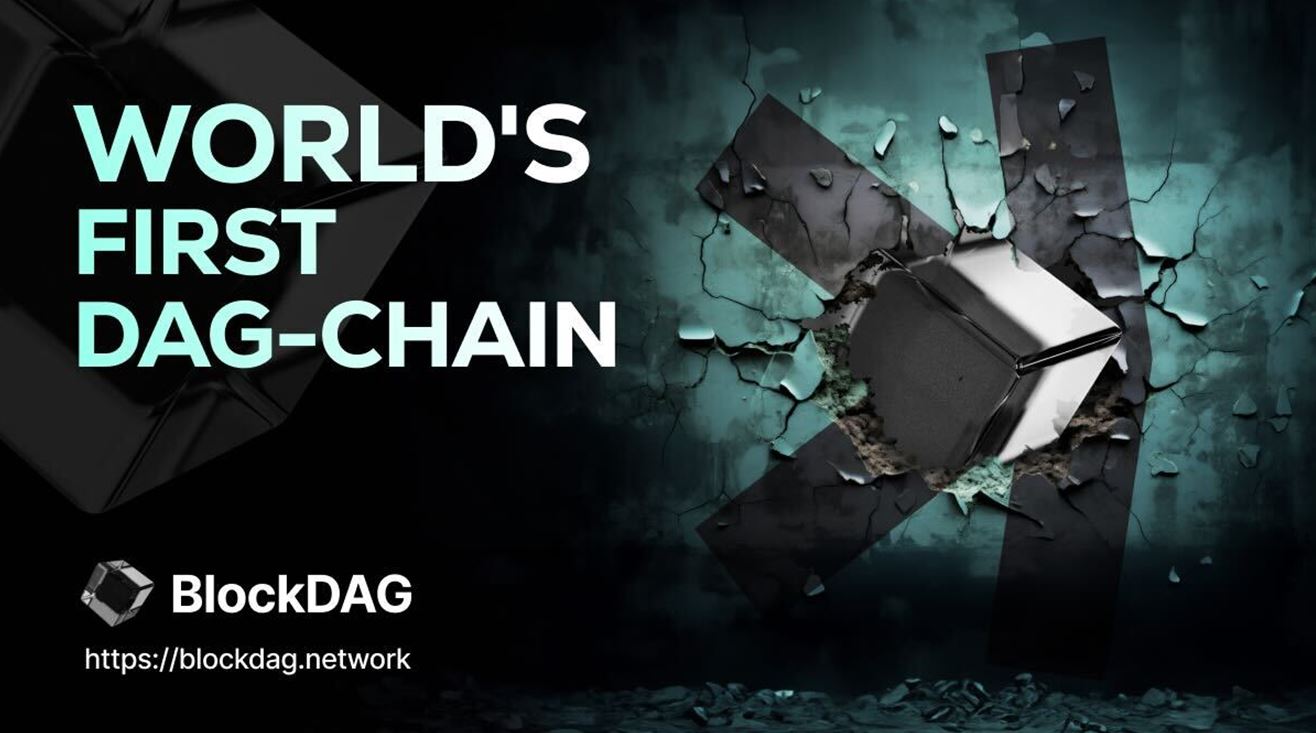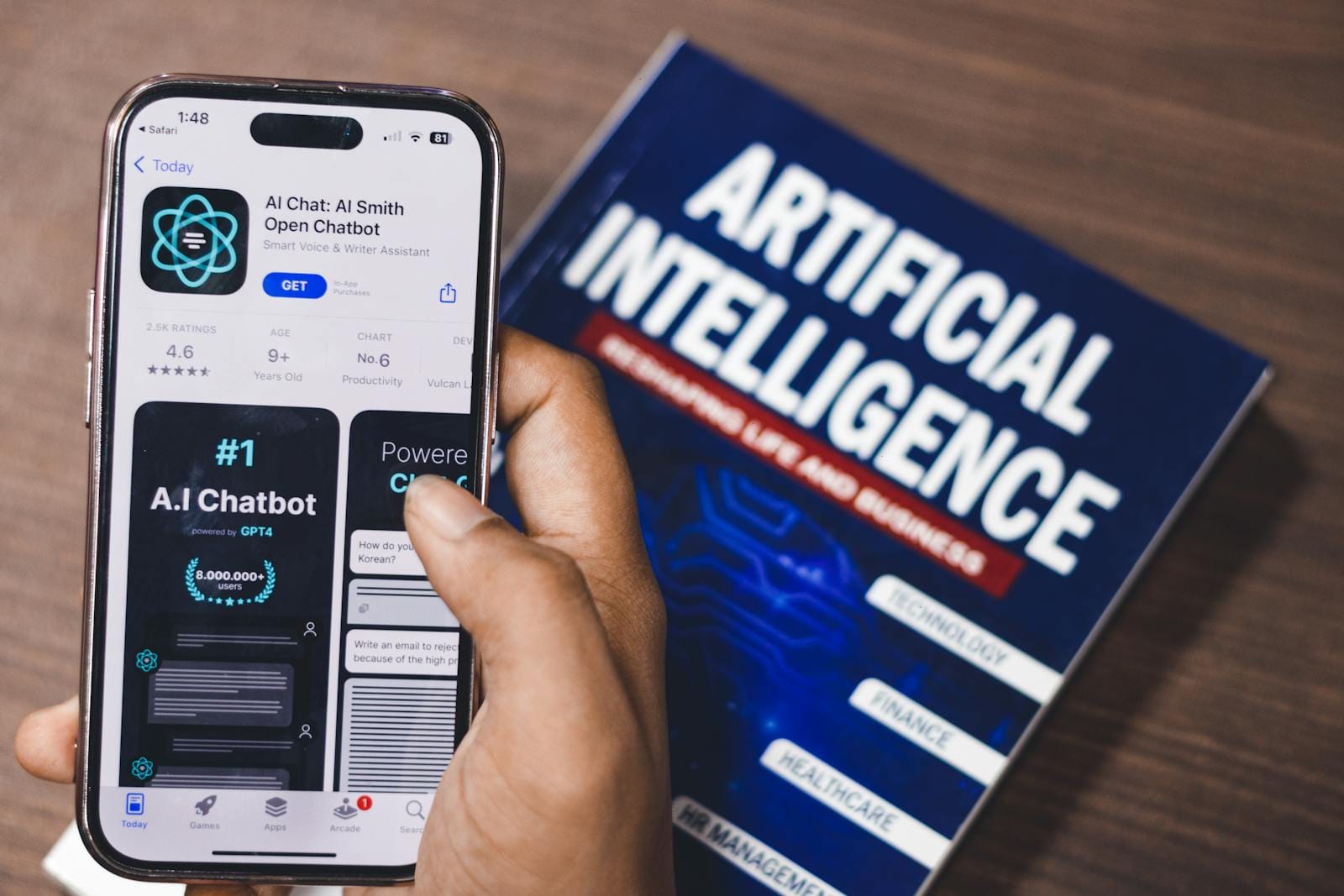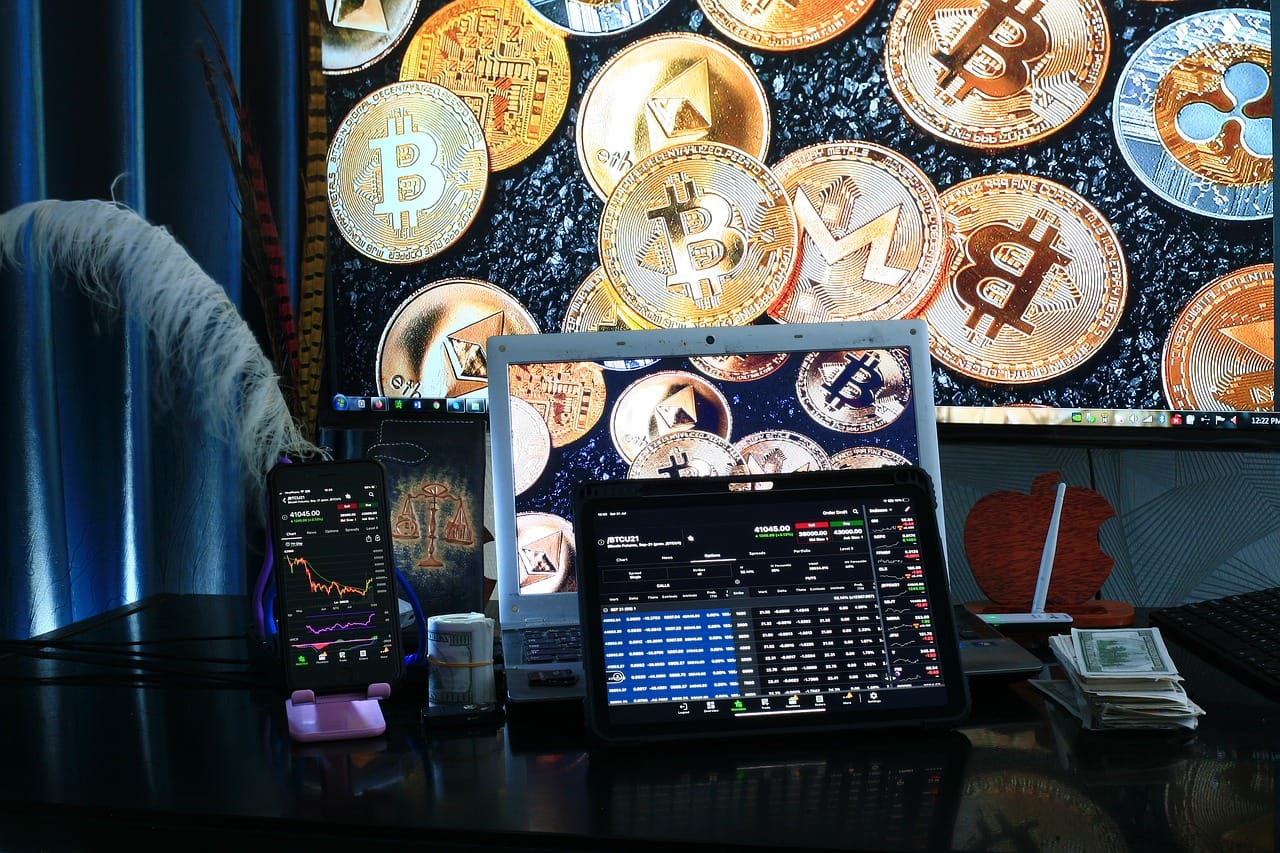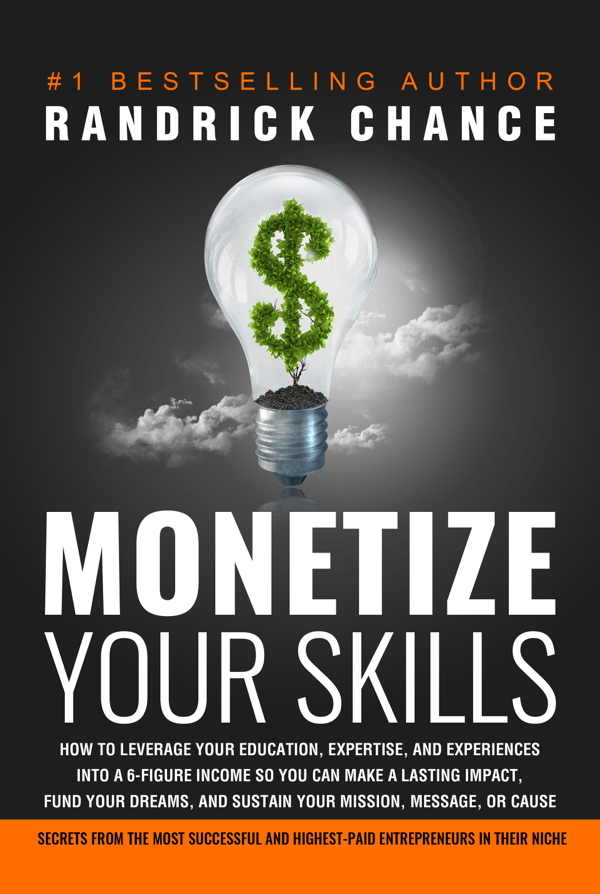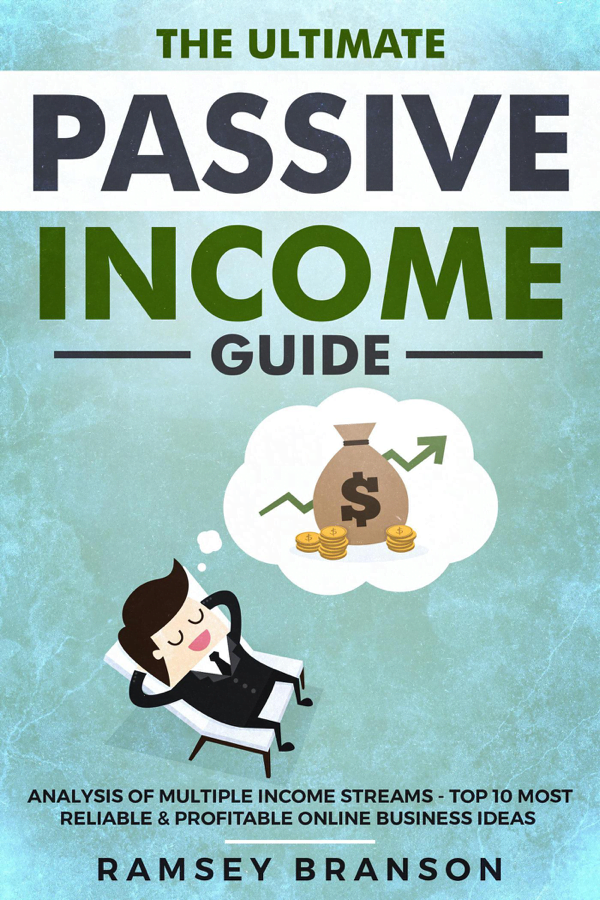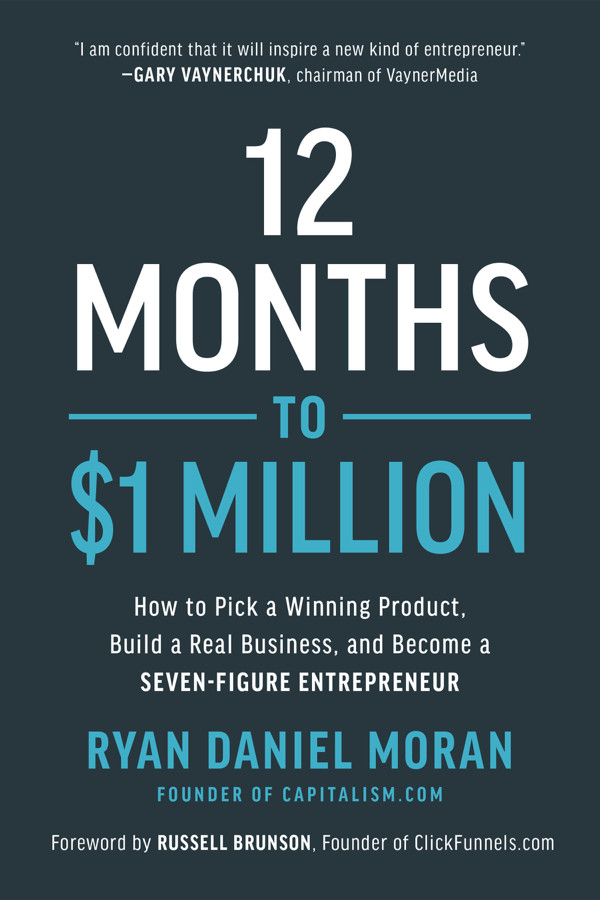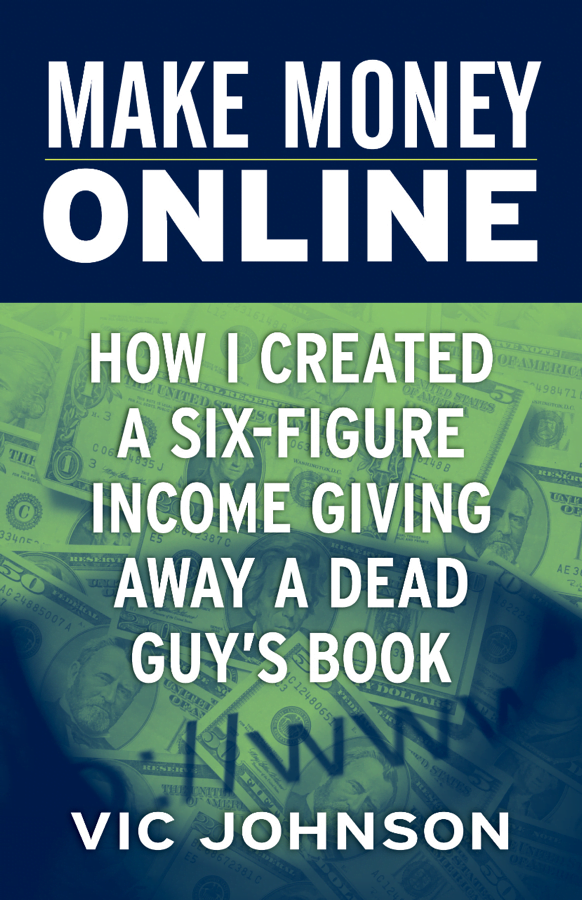
What If Traditional Advertising Was Completely Replaced by Influencer Marketing?
Welcome back to The What If Series at JGH Marketing, where we explore hypothetical scenarios that could reshape the marketing landscape. Today, we’re delving into an intriguing possibility: What if traditional advertising was completely replaced by influencer marketing? Let’s explore the potential impacts on businesses, marketers, and consumers.
The Scenario: Influencer Marketing Takes Over
In this scenario, traditional advertising methods—such as TV commercials, print ads, billboards, and radio spots—are phased out and entirely replaced by influencer marketing. Brands would collaborate exclusively with influencers to promote their products and services, leveraging the influencers’ reach and credibility.
Impact on Businesses and Marketers
This shift would have profound implications for how businesses and marketers operate:
- Redefined Advertising Budgets: Advertising budgets would be reallocated from traditional media to influencer partnerships. Brands would invest heavily in identifying and collaborating with influencers who align with their values and target audience.
- Enhanced Authenticity: Influencer marketing thrives on authenticity. Brands would need to ensure that their partnerships with influencers feel genuine and resonate with the influencer’s followers. This could lead to more authentic and relatable brand messaging.
- Content Creation Focus: The focus of advertising would shift to content creation. Brands and influencers would work together to produce engaging, high-quality content that effectively promotes products and services.
- Niche Targeting: Influencers often have highly engaged niche audiences. Brands could leverage these communities to target specific demographics more precisely than with traditional advertising.
- Performance Metrics: Marketers would need to develop new performance metrics to evaluate the success of influencer campaigns. Traditional metrics like reach and impressions would be supplemented with engagement rates, conversion rates, and sentiment analysis.
Opportunities and Adaptation
While the complete replacement of traditional advertising with influencer marketing presents challenges, it also offers opportunities for growth and innovation:
- Creative Collaborations: Brands can explore creative and innovative collaborations with influencers. This could include product placements, co-created content, and influencer-led campaigns that captivate audiences.
- Long-Term Partnerships: Building long-term relationships with influencers can lead to more consistent and impactful brand promotion. Brands can benefit from the loyalty and trust that influencers have cultivated with their followers.
- Storytelling: Influencer marketing is well-suited for storytelling. Brands can leverage influencers to tell compelling stories that highlight their products naturally and engagingly.
- Community Building: Influencers often have strong communities. Brands can tap into these communities to build their loyal customer base and foster a sense of belonging among their audience.
The Consumer Perspective
From a consumer standpoint, the dominance of influencer marketing would offer both advantages and challenges:
- Relatable Content: Consumers would be exposed to more relatable and authentic content. Influencers’ personal experiences and honest reviews can make brand promotions feel more genuine.
- Over-Saturation: The risk of over-saturation exists. If every brand turns to influencer marketing, consumers might become overwhelmed by the sheer volume of sponsored content, potentially leading to skepticism and ad fatigue.
- Trust and Transparency: Transparency becomes crucial. Consumers would expect influencers to disclose paid partnerships clearly, maintaining trust and credibility.
- Personalized Recommendations: Influencers can provide customized recommendations that resonate with their followers’ interests and preferences, enhancing the relevance of advertising.
The Future Outlook
While the complete replacement of traditional advertising by influencer marketing is unlikely, the growing influence of digital creators cannot be ignored. At JGH Marketing, we believe in the power of a balanced approach that combines traditional methods with innovative strategies.
The future of marketing lies in adaptability and diversity. By embracing both traditional advertising and influencer marketing, businesses can reach a broader audience and engage consumers through multiple touchpoints.
Stay tuned to JGH Marketing for more insights and thought-provoking scenarios in The What If Series. Share your thoughts on the potential dominance of influencer marketing in the comments below. We’d love to hear from you!
Related Posts
July 14, 2024
Alison: Your Source for Free Online Courses in Various Fields
Free online courses on Alison.com can significantly enhance your earning potential by equipping you with…
May 16, 2024
Review About BlockDAG & How It Will Impact The Crypto World
Earn Big with BlockDAG ($BDAG)! Refer friends and family to join the most advanced blockchain…
February 16, 2025
Emerging Passive Income Opportunities in 2025
Passive Income Opportunities in 2025 The landscape of passive income is evolving rapidly, driven by…
January 4, 2025
How to Start Your ClickBank WordPress Business: A Beginner’s Guide
Start Your ClickBank WordPress Business Introduction: Starting an online business can be lucrative, especially when…
December 6, 2024
Boost Sales with AI E-commerce Optimization Made Easy
AI E-commerce Optimization: Business Ideas to Maximize Profits with AI An AI-powered cheat or “hack”…
December 5, 2024
Unlocking the DNA of Emerging Cryptocurrencies: A Guide to Building a Future-Proof Portfolio
Dive into the world of emerging cryptocurrencies beyond the mainstream giants like Bitcoin and Ethereum.…





